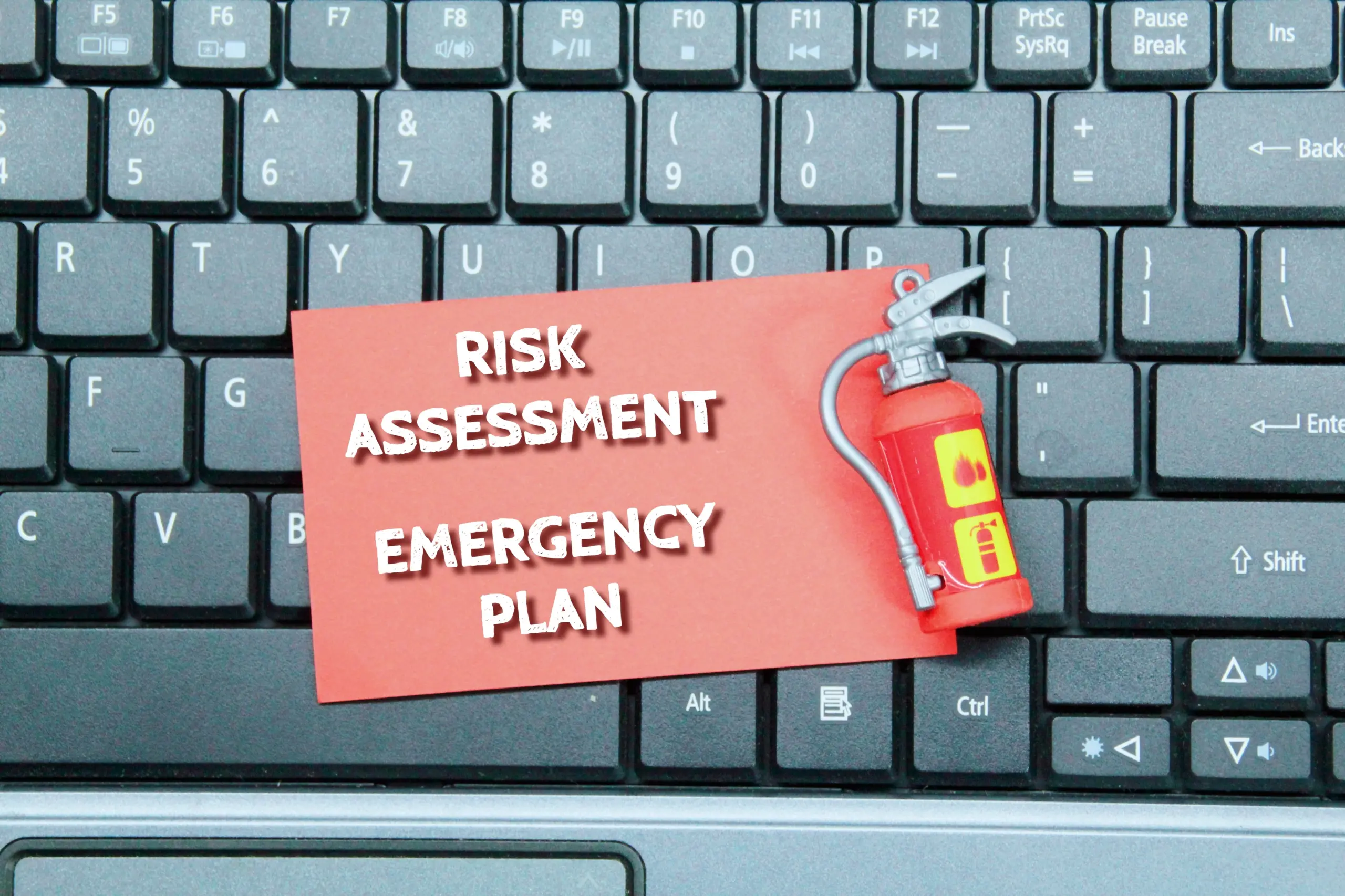
Recessions tend to hit small businesses hard. One of the core challenges of recession readiness is delivering the same level of service despite reduced access to resources. The key is not only to survive the economic downturn but also to emerge on the other side ready to capitalize on the now-improved economy.
But how? In this article, we perform an in-depth look at that question. Read on to learn more about how you can not only survive a recession but also do reasonably well during one.
Develop your Recession Readiness Plan Early
If there is a fire in your house, you don’t have time to sit down with the kids and develop an escape plan. That’s the sort of thing you work on during times of peace. The same logic applies to recession readiness.
You want to have a plan in place that you can pivot into immediately at the first sign of a significant long-term economic downturn.
Ideally, your plan should include:
- Financial reserves. Experts typically recommend that businesses have an emergency fund that can cover 3-6 months’ worth of expenses. That’s not always easy, particularly if your business isn’t super steady yet. Nevertheless, the more you can set aside, the better off you will be. The average recession lasts about ten months. While that doesn’t mean you need a year’s worth of income in the bank—your business will still bring in some money during the downturn—it does mean you should be ready for a fairly long-term struggle.
- An expense management plan. We will talk more about how you can manage your resources in a later heading. For now, understand that this is an important aspect of your emergency plan.
- An exit strategy. Finally, how are you going to walk your business back into ordinary operations? Is there a certain sales volume you need to hit? An economic forecast you’re waiting for. You want to pivot back into normal operations as soon as it’s viable. Your customers will usually prefer it.
With business planning, the devil is in the details. Make a plan. Get super granular. Know it by heart, and be ready to use it when the time comes.
Financial Management
Small business owners must prioritize effective financial management during a recession. This involves closely monitoring cash flow, creating and regularly reviewing a detailed budget, and exploring various financing options like lines of credit or small business loans.
Naturally, you do want to be careful with how you pursue those options. Loans can get expensive very quickly. Equity-based credit lines may be a more affordable route to take. With—for example—a HELOC—you only pay for the funds that you use. You could take out a $100K line of credit, but if you don’t spend any of it, you won’t owe a dime.
Negotiating with suppliers for better terms and finding cost-effective alternatives are also important aspects of financial management. While you may not feel like you have much leverage, keep in mind that everyone is in the same financial boat as you. Suppliers will also be motivated to retain customers, making it easier to come to mutually agreeable terms.
Diversify Revenue Streams
It’s always a good idea to have multiple sources of revenue. This is particularly true during a recession. Income diversification can come from offering new products, expanding your line of services, exploring e-commerce channels, and so on.
Of course, you need to be sensible about how you handle this. All of your new offerings should remain brand consistent. You don’t want to spread yourself too thin.
Cost Reduction
Cost-cutting measures are often necessary during tough economic times. The key is to find ways to trim your expenses without diminishing the quality of your product or service. Have you ever been to a struggling restaurant and noticed a serious dip in the quality of their ingredients?
It’s sad for them, but at the same time, you probably don’t want to go back, do you?
Your customers will feel the same way. A sensible cost-saving effort might be closing during your slowest hours. A poor cost-cutting effort would be to make a significant change to the quality of your product.
When you can’t find smart cuts, it may be better to tap into credit or equity.
Marketing and Branding
Effective marketing and branding efforts can help you retain customers during a recession. Like so many of the other considerations included in our list, it’s best to start these efforts before the stressful times begin. Develop a strong online presence. Use social media, email lists, and other techniques to mobilize your customers.
Offer compelling deals to get people into your store. Constantly work to keep your business going strong.
Employee Engagement and Retention
During tough financial times, it’s important to be upfront with your employees. They will probably feel nervous about the future of their jobs. Naturally, you want to keep everyone on when possible. High turnover ultimately does more harm to your business than good.
If there will need to be layoffs, you should communicate it clearly to them. It’s ethical to give them an opportunity to look for new work should they so choose. It will also help you maintain your good reputation.
Government Assistance and Grants
Finally, start looking into what grant opportunities are available. While these may not always come up, you would be surprised by how many opportunities there are for small businesses to raise a little capital here and there.
When looking for grant money, it’s usually wise to start as local as possible and then spread out from there. Your city may have assistance opportunities. There may also be local charities and non-profits providing aid.
From there, go on to the state and federal levels. Naturally, the more opportunities you pursue, the better your chances of securing funds are.
While recessions are scary times for business owners, they don’t last forever. Stay calm and stick to your plan. The economy will improve eventually. When it does, you should be ready to capitalize on it.
431 Views















